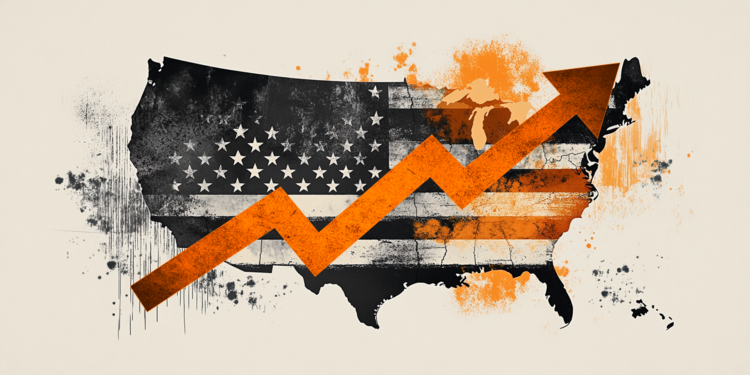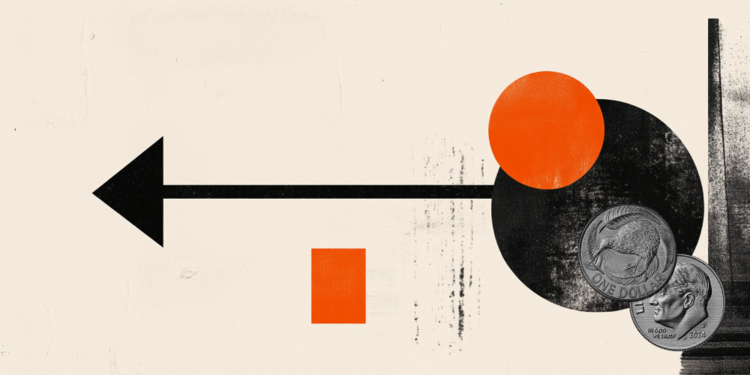The consumption of alcoholic beverages in Brazil caused a total of 104.8 thousand deaths in 2019 in Brazil which is equivalent to an average of 12 deaths per hour . Data is from a study carried out by the Oswaldo Cruz Foundation (Fiocruz) Brasília, at the request of the organizations Vital Strategies and ACT Promoção da Saúde, as part of the RESET Álcool initiative. The work was released this Tuesday (5).
Titled “Estimation of direct and indirect costs attributable to alcohol consumption in Brazil“, the study showed that alcohol consumption represented a cost for Brazil of the order of R$18.8 billion in 2019 alone . Of this total, R$1.1 billion refers to direct federal costs with hospitalizations and outpatient procedures in the Unified Health System (SUS).
Furthermore, the indirect costs attributable to alcohol consumption comprised R$17.7 billion and are related to productivity losses due to premature mortality, leaves of absence and early retirement resulting from diseases associated with consumption, loss of working days due to hospital admission and leave medical pensions.
There is also the social security cost within the indirect cost estimates attributable to alcohol, which reached R$47.2 million in 2019. Of the total, 78% (R$37 million) referred to spending on the male public, while 22 % related to women (R$ 10.2 million).
The study was carried out based on estimates of deaths attributable to alcohol made by the World Health Organization (WHO) and took into account the 104.8 thousand deaths that occurred in 2019 in Brazil when calculating the total cost.
“We can conclude from the study that alcohol consumption in Brazil has significant impacts on the health and well-being of the population and, consequently, costs the public coffers a lot”, says Pedro de Paula, executive director of Vital Strategies, in statement.
“In this scenario, the need to adopt measures such as selective tax on alcoholic beverages is clear. This is one of the actions recommended by the World Health Organization to reduce alcohol consumption and, consequently, its negative impact. By reducing consumption, we can save lives and reduce the social impacts of alcohol, saving billions of reais every year”, he adds.
Men account for 86% of alcohol-related deaths
According to the survey, men are the main victims of alcohol consumption, representing 86% of deaths. Of the total, almost half of the deaths were due to cardiovascular diseases, accidents and violence.
Among women, who account for 14% of fatalities, the harm caused by alcohol is related to cardiovascular diseases and different types of cancer in 60% of cases.
Furthermore, the SUS cost for hospitalization of women due to alcohol-related complications is lower than the cost for men: just 20% of the total. This happens because the prevalence of alcohol consumption by women is lower, according to the National Health Survey (PNAS 2019).
Furthermore, women seek out health services more and undergo more routine exams than men, increasing early detection of serious illnesses and appropriate treatment.
“When men seek health services, their health is likely to be much more compromised, which leads to more hospitalizations,” says Eduardo Nilson, researcher at Fiocruz and responsible for the study.
When it comes to costs related to outpatient care attributable to alcohol intake, the difference between male and female populations drops significantly, considering that 51.6% of costs refer to men.
“This confirms that women seek care earlier than men: they are responsible for almost half of outpatient care, even though the prevalence of alcohol consumption among them is lower”, explains Nilson.
Despite the data, abusive alcohol consumption among women has increased. According to data from Vigitel, the occurrence of episodes of abuse (four or more drinks on the same occasion) almost doubled among women between 2006 and 2023.
“This behavioral change brings a warning sign to a trend towards an increase in the number of people consuming alcohol in Brazil, driven by women’s consumption and, consequently, its impacts on health and costs to public coffers. A very careful look is needed at the female population in order to stop this growth stimulated by cultural changes and by the beverage industry’s own efforts to make their products have a more unisex appeal”, comments Luciana Sardinha, deputy director of Chronic Non-Communicable Diseases from Vital Strategies.
How was the study carried out?
The Fiocruz study was based on a comparative risk analysis methodology that estimates the fractions attributable to an exposure (risk or protective factor) in relation to health outcomes directly caused by this exposure.
Diseases and deaths associated with alcohol consumption were considered with a dose-response relationship between the amount of alcohol consumed and the relative risk of outcomes based on meta-analyses published and used by the Global Burden of Disease (GBD) study. ) and by the WHO.
The estimate of the burden attributable to each disease was made together with the prevalence of alcohol consumption for each sex and age group.
Information on direct costs was obtained from public databases, such as health information systems and reports and microdata from population surveys from the Brazilian Institute of Geography and Statistics (IBGE).
Direct costs attributable to alcohol consumption included information from the SUS based on data on hospital admissions (Hospital Information System – SIH/SUS) and outpatient procedures (Outpatient Information System – SIA/SUS), disaggregated by type of disease attributable alcohol consumption, sex and age.
However, researchers emphasize that the study made the estimates including data at the national level, not including additional funding by states and municipalities. Furthermore, the survey does not consider the costs of the private healthcare network nor the total economic losses to society.
“Therefore, although almost 19 billion reais per year is already an extremely significant figure, the real cost of alcohol consumption for Brazilian society is probably much higher,” says Eduardo Nilson, the researcher responsible for the study.
This content was originally published in Alcohol kills 12 people per hour in Brazil, says study on the CNN Brasil website.
Source: CNN Brasil
I am an experienced journalist and writer with a career in the news industry. My focus is on covering Top News stories for World Stock Market, where I provide comprehensive analysis and commentary on markets around the world. I have expertise in writing both long-form articles and shorter pieces that deliver timely, relevant updates to readers.







